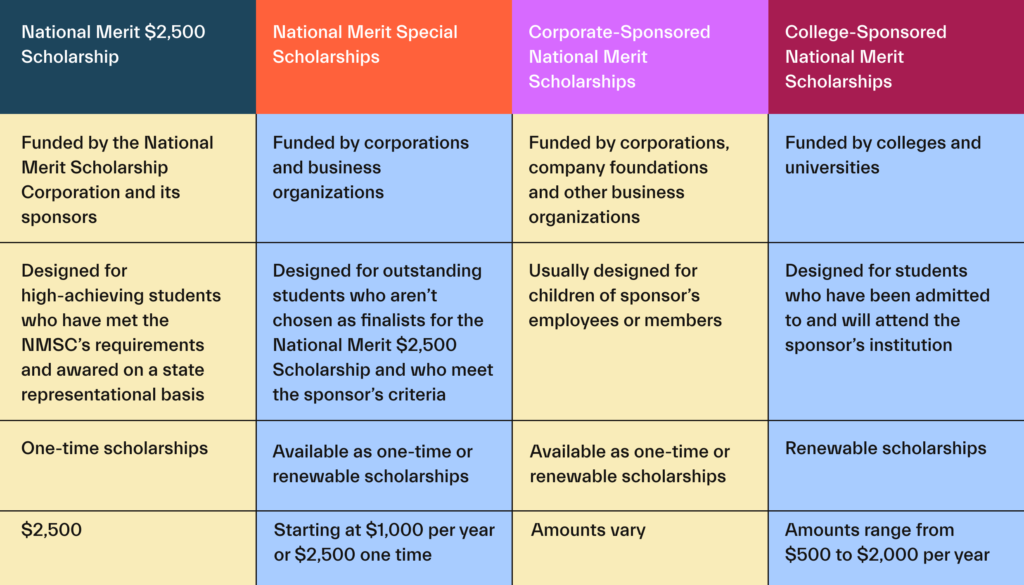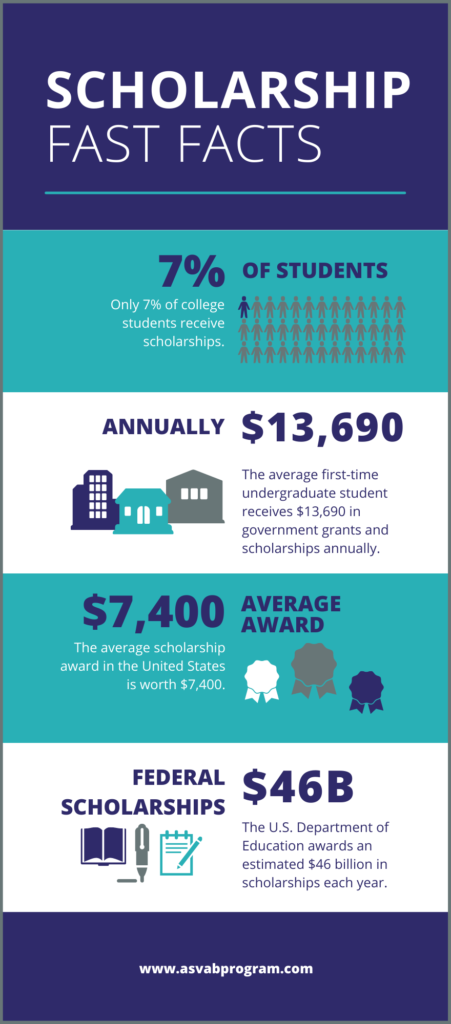
So, you’re wondering about what scholarships you might be eligible for, huh? Well, it’s a great question! With so many scholarships out there, it’s important to know which ones you qualify for, so you can take advantage of all the opportunities available to you. In this article, we’ll dive into the world of scholarships and help you figure out what you might be eligible for. Whether you’re a high school student, a college student, or even a non-traditional student, there are scholarships out there for you. So, let’s get started and find out what scholarships you could be eligible for!
In this article, we’ll discuss the various types of scholarships available, from merit-based scholarships to need-based scholarships. We’ll also explore different criteria that can make you eligible for certain scholarships, such as your academic performance, extracurricular activities, or specific demographics. Additionally, we’ll provide some helpful tips on how to search for scholarships and how to enhance your chances of receiving them. By the end of this article, you’ll have a better understanding of the scholarship landscape and be better equipped to pursue the opportunities that are right for you. So, let’s jump in and discover what scholarships you might be eligible for!

Understanding Eligibility
Scholarships can be a great way to fund your education and reduce the financial burden of college. However, with so many different scholarships out there, it can be overwhelming to know which ones you are eligible for. In this article, we will explore the various criteria for scholarship eligibility, the types of scholarships based on eligibility, and provide some examples of popular scholarships in each category.

Criteria for Scholarship Eligibility
Scholarships often have specific eligibility criteria that applicants must meet in order to be considered for the award. These criteria can vary widely depending on the scholarship, but some common eligibility factors include:
- Academic achievement: Many scholarships require a certain GPA or academic standing. This is often measured by standardized test scores, such as the SAT or ACT, as well as high school grades.
- Financial need: Some scholarships are need-based, meaning they are awarded to students who demonstrate financial hardship. These scholarships typically require applicants to submit financial information, such as tax returns or FAFSA forms.
- Merit-based achievements: Certain scholarships are awarded based on specific achievements or talents. This could include athletic ability, artistic talent, or community service.
- Field of study: There are scholarships available specifically for students pursuing certain fields of study, such as STEM (science, technology, engineering, and mathematics) or the arts.
- Demographic factors: Scholarships exist for certain demographic groups, such as minority students, women, or veterans.
It is essential to carefully read the eligibility requirements for each scholarship you are interested in to determine if you meet the criteria. By understanding the various eligibility factors, you can narrow down your search and focus on scholarships that are a good fit for you.

Types of Scholarships Based on Eligibility
Scholarships can be categorized into various types based on their eligibility criteria. Here are some common types of scholarships that you can consider:
Academic Scholarships
Academic scholarships are awarded to students who have demonstrated exceptional academic achievement. These scholarships often require a high GPA, strong standardized test scores, and academic references. Examples of academic scholarships include the National Merit Scholarship and the Presidential Scholarship.
Need-Based Scholarships
Need-based scholarships are awarded to students who demonstrate financial need. These scholarships take into account factors such as family income and the cost of attendance. Examples of need-based scholarships include the Pell Grant and the Gates Millennium Scholars Program.
Merit-Based Scholarships
Merit-based scholarships are awarded to students based on specific achievements or talents. These scholarships recognize individuals who have excelled in areas such as athletics, arts, or community service. Examples of merit-based scholarships include the Coca-Cola Scholars Program and the Davidson Fellows Scholarship.
Field-Specific Scholarships
Field-specific scholarships are awarded to students pursuing a particular field of study. These scholarships aim to support students in areas such as STEM, business, or the humanities. Examples of field-specific scholarships include the Google Anita Borg Memorial Scholarship and the National Association of Black Journalists Scholarship.
Demographic-Based Scholarships
Demographic-based scholarships are awarded to students who belong to specific demographic groups. These scholarships aim to promote diversity and equal opportunity in higher education. Examples of demographic-based scholarships include the Ron Brown Scholar Program for African American students and the Society of Women Engineers Scholarship Program for women pursuing engineering degrees.
Local Scholarships
Local scholarships are awarded by organizations or businesses within your community. These scholarships are often less competitive and may have specific eligibility criteria unique to your area. Examples of local scholarships include the Rotary Club Scholarship and the Chamber of Commerce Scholarship.
Athletic Scholarships
Athletic scholarships are awarded to students who excel in sports. These scholarships are typically offered by colleges and universities and are based on athletic ability. Examples of athletic scholarships include the NCAA Division I and Division II scholarships.
Creative Scholarships
Creative scholarships are awarded to students with artistic talents or interests. These scholarships support students in fields such as visual arts, performing arts, or creative writing. Examples of creative scholarships include the Scholastic Art and Writing Awards and the YoungArts scholarship.
Researching and considering scholarships in each of these categories can increase your chances of finding scholarships that you are eligible for.

Conclusion
When it comes to finding scholarships, understanding your eligibility factors is crucial. By considering your academic achievements, financial situation, talents, field of study, and demographic factors, you can begin to narrow down your search for scholarships. Remember to carefully read the eligibility requirements for each scholarship and start your search early to ensure you have enough time to gather all necessary documents and meet application deadlines. With a bit of research and perseverance, you can uncover diverse scholarship opportunities and find multiple avenues for financial aid to support your educational journey.






